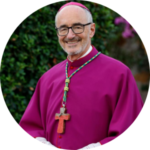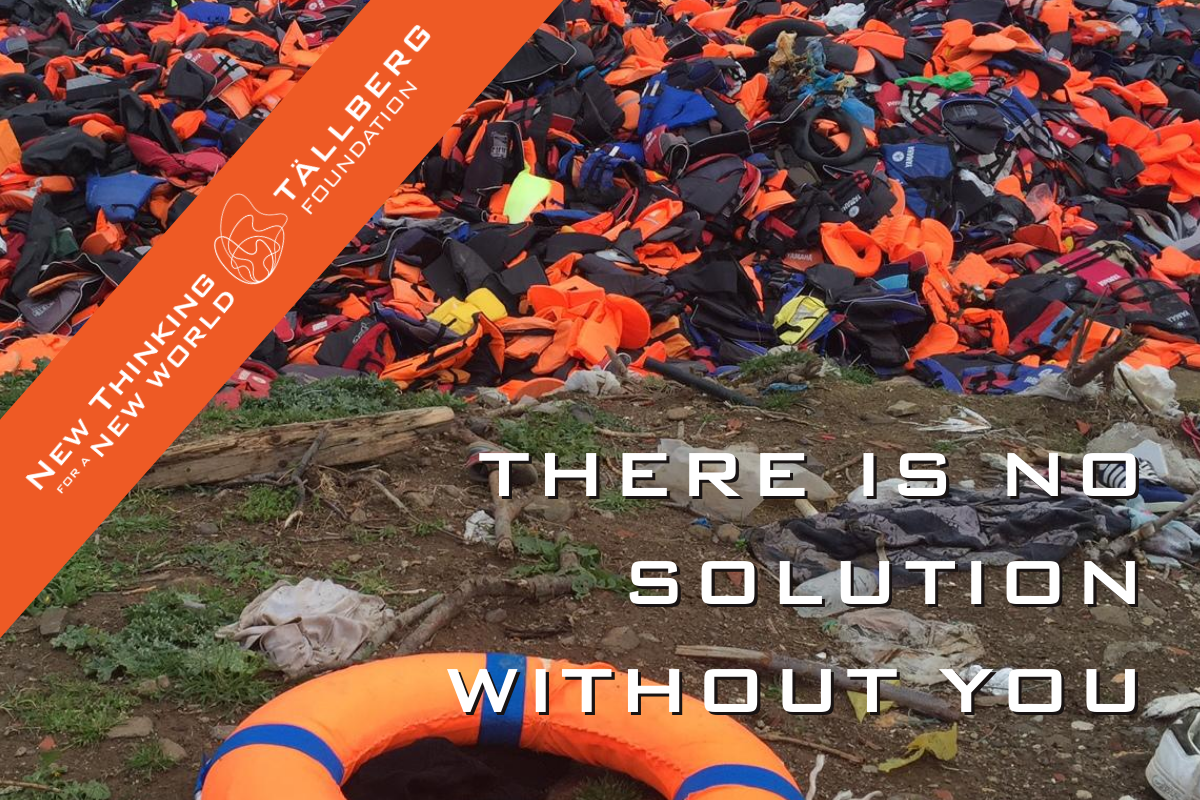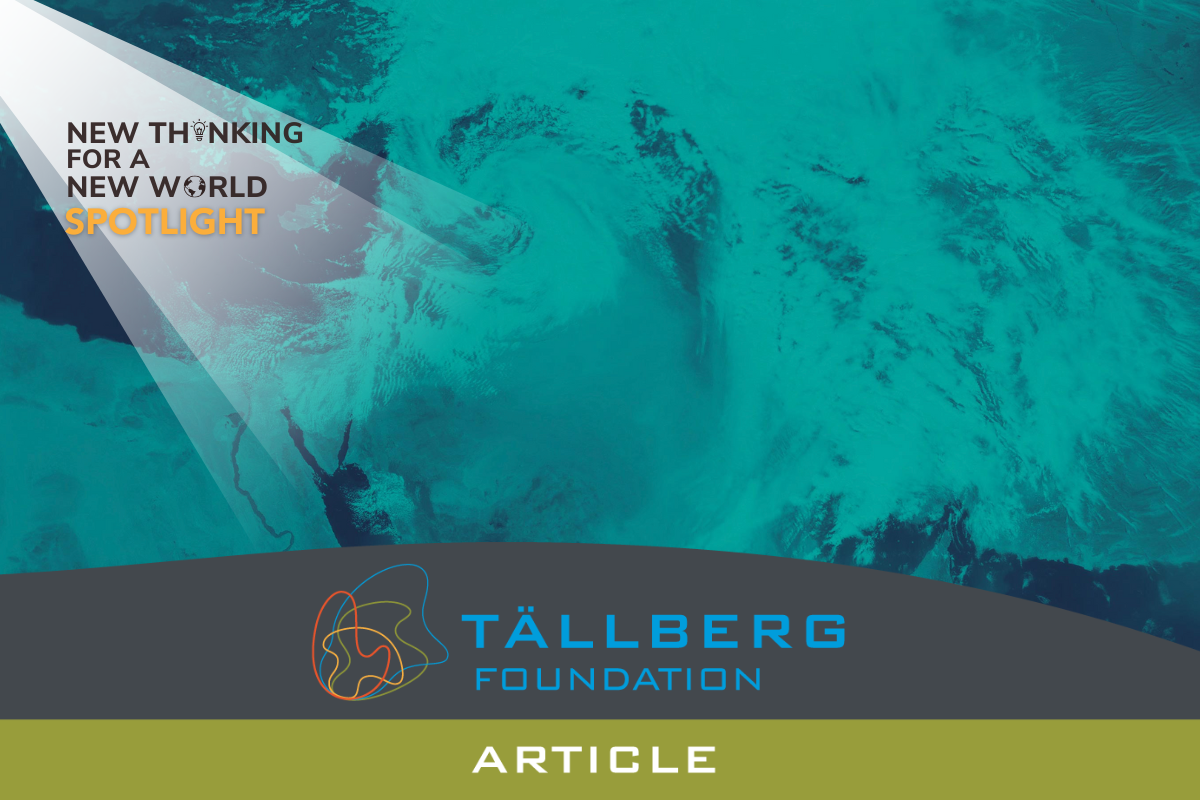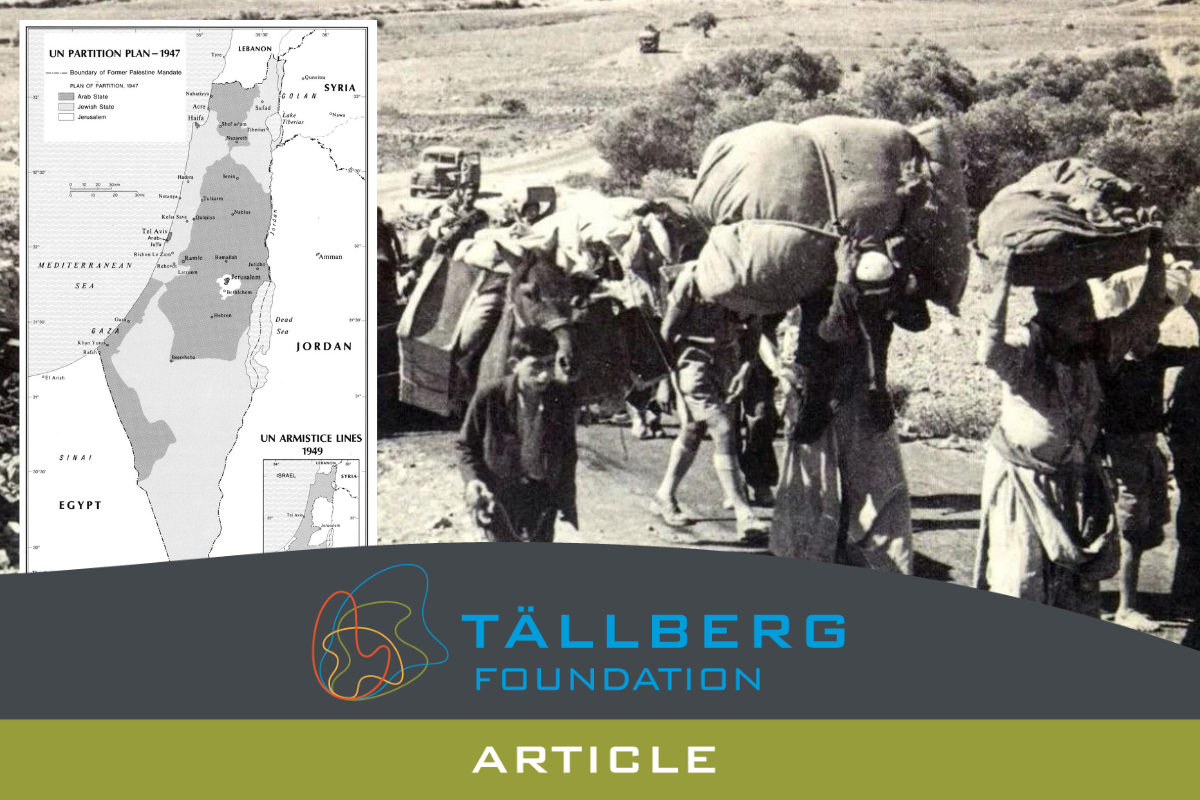“What Covid has done is to apply an extraordinary and unusually powerful microscope to worldwide governance. And much of what we see through that lens of the microscope is not pretty.” —Cardinal Michael Czerny
Covid-19 has been a world-wide disaster—one that refuses to end. Although some countries and their leaders have performed extraordinarily well, many have failed to live up to their core obligation to keep citizens safe. Many people in many places are terrified that the pandemic is far from being tamed, and they blame their presidents and prime ministers.
Cardinal Michael Czerny, who leads the part of the Vatican that deals with refugees and migrants, suggests that we ought to think a bit differently about Covid-19: “While it’s tempting to give government a bad report card, it’s probably more useful to ask ourselves, What are we doing to make a bit more sure that we have the kind of governance that we—especially our poor and our planet—need, deserve, and must have?” and give ourselves a bad report card.
“Maybe before Covid we had gotten used to bungling along in this way, and so it didn’t necessarily alarm or surprise us when things went more or less badly,” Cardinal Czerny suggests in the latest New Thinking for a New World conversation with Alan Stoga, Tällberg Foundation’s chairman.
Czerny sees the fraught reaction to the pandemic as part of a long history of mismanaging “our common home,” an expression used in Pope Francis’s 2015 encyclical Laudato si’ that criticized how economies’ structures and functioning damage the climate. “We are proving to be very poor householders, and we’re proving to be very poor members of the same unique and only family that’s living in this unique household, our common home,” Czerny says.
This “household” includes every country and every person on earth, but Czerny does not like the word global. “Global is a word that we’ve been taught, in a sense obliged to use, I think, since the fall of the Berlin Wall. No longer divided into two or three or four worlds, we were now allegedly one world.” He goes on, “I’ll be a bit harsh … Covid-19 hit the wealthiest countries first, the ‘biggest and the most important’ countries first. If this hadn’t been the case, if Covid was another Ebola, I doubt that you would have invited me [on to the podcast].”
His point is essential: language sometimes obscures reality. Is the pandemic a “global” crisis because every country on earth is exposed and suffering from it? Or because, in a world dominated by a few wealthy and powerful countries, these are the nations to be hit first and especially hard?
Characteristically, he softens the blow, saying, “You want the word global to mean we’re cooperating to face the problems, which any person with common sense would say are shared or general problems—certainly far beyond the limits of any one nation state, beyond the limits of any one continent—and that need urgently to be dealt with.”
The flicker of cynicism in Czerny seems unusual. His assignment among the leaders of the Catholic Church is to work towards more humane, caring, and effective programs for migrants and refugees, people who sometimes are called “illegal aliens” but who, he thinks, are better described as “irregular” or “having their papers sorted out.” In that capacity, acting on behalf of Pope Francis, he contributed to the Holy See’s active role in advocating and negotiating for the 2018 Global Compacts for Safe, Orderly and Regular Migration and on Refugees.
The Compacts, endorsed by 150 nations, are the first efforts to share “responsibilities and burdens” among all countries of the world for the masses of people who are forced from their homes by violence, disease, economic desperation or climate catastrophes. “On questions of migration and refugees, it’s very, very important that countries cooperate,” Czerny says. “And if they were to cooperate as the two Compacts foresee and lay out how to do … then immigration and refugee flows would be much more responsibly, humanely, efficiently, and usefully managed or governed … In other words, these vulnerable people are not to be turned back, but their movement should be managed.”
Although Australia, the United States and a group of Eastern European countries chose not to participate and a number of other countries did not sign, Czerny believes the Compacts are making a difference. “Some governments which you or I might be quick to criticize are in fact quietly implementing the Compacts and making progress, but they’re not in a good position to talk about it,” he says. “The performance is actually better than the rhetoric.”
Of course, Covid-19 did not make things easier; many countries have closed their borders and scapegoated migrants during the pandemic. But Czerny argues that the pandemic has upsides, too, for example: some countries emptied their refugee detention centers because of infection risk. He says that sensible people have long maintained that “detention is not an appropriate means of handling migratory or refugee issues; that you don’t imprison people because their legal status is under review. Covid provided the excuse for closing these centers, which otherwise public opinion might have balked at.”
He hopes that the pandemic might also change how people think about leadership: “I ask myself whether the Covid crisis has brought us to this rather healthy point, where people with good ideas, good proposals and good solutions are able to say, ‘Actually, I don’t care whether it’s my solution or yours, or half of each or two thirds of another, what I am committed to is us finding a solution and working on it together.’”
Czerny believes this frame of mind could lead to a larger, overdue correction: the de-lionization of individual heroism. Czerny wonders, “If a non-heroic, and maybe in that sense a non-leader-approach … with people’s egos put in neutral temporarily, so that we can at least start working together on problems and solutions—whether that might be, in a hidden way, the magic of the moment.” Indeed, he would like people to recognize that the really effective leader might not hold the top position in a powerful organization but be the person “who helps the largest variety and number of people to contribute constructively to solutions.”
Consistent with this idea, Czerny greatly admires the focus of Pope Francis on grassroots organizations—particularly those that work in food security, housing and employment, or in the Pope’s memorable phrase in Spanish, “Tierra, Techo y Trabajo.”
“These are the people who are, let’s say, widely known as marginalized or excluded or peripheral,” Czerny says. And yet “without your active participation,” the Pope tells them, “a future for society is unimaginable,” which amounts to There is no solution without you.”
This inclusive approach runs contrary to how too many people think about the world. He points out, “We sometimes talk about the many marginalized as being the problem or as having huge problems, but rarely recognize them as essential to any valid solution.”
Czerny is a realist. He wants problems solved and the world a better place, especially for the great majority of people who are otherwise left out and ignored. How? He points again to the Compacts: government representatives came together and managed to agree on effective, humane policies and procedures regarding migrants and refugees. Those negotiators didn’t suddenly become angels or lose their entrenched interests and perspectives, yet together they delivered something important and far-reaching.
For Cardinal Czerny, it proves that “even with all the messiness, we can cooperate.”
Cardinal Michael Czerny recently spoke with Alan Stoga as part of the Tällberg Foundation’s “New Thinking for a New World” podcast series. Hear their whole conversation here or find us on a podcast platform of your choice (Itunes, Spotify, Acast, Stitcher, Libsyn).
 Card. Michael Czerny S.J. was born on 18 July 1946, in Brno, Czechoslovakia (today the Czech Republic). Following his 1963 graduation from Loyola High School in Montreal, he joined the Society of Jesus (the Jesuits).
Card. Michael Czerny S.J. was born on 18 July 1946, in Brno, Czechoslovakia (today the Czech Republic). Following his 1963 graduation from Loyola High School in Montreal, he joined the Society of Jesus (the Jesuits).
On 9 June 1973 he was ordained to the priesthood. From 1992 to 2002, Czerny served as the Social Justice Secretary at the Jesuit General Curia in Rome. He then founded and directed the African Jesuit AIDS Network from 2002 to 2010, collaborating with the Bishops’ Conferences throughout Africa and occasionally teaching at Hekima College in Nairobi.
In Rome again, from 2010 to 2016, he served as advisor to Cardinal Peter Turkson, President of the Pontifical Council for Justice and Peace. Since the beginning of 2017 he has been one of the two Under-Secretaries of the Migrants and Refugees Section of the Dicastery for Promoting Integral Human Development. On 1 September 2019, Pope Francis named him among the 13 new Cardinals.





0 Comments